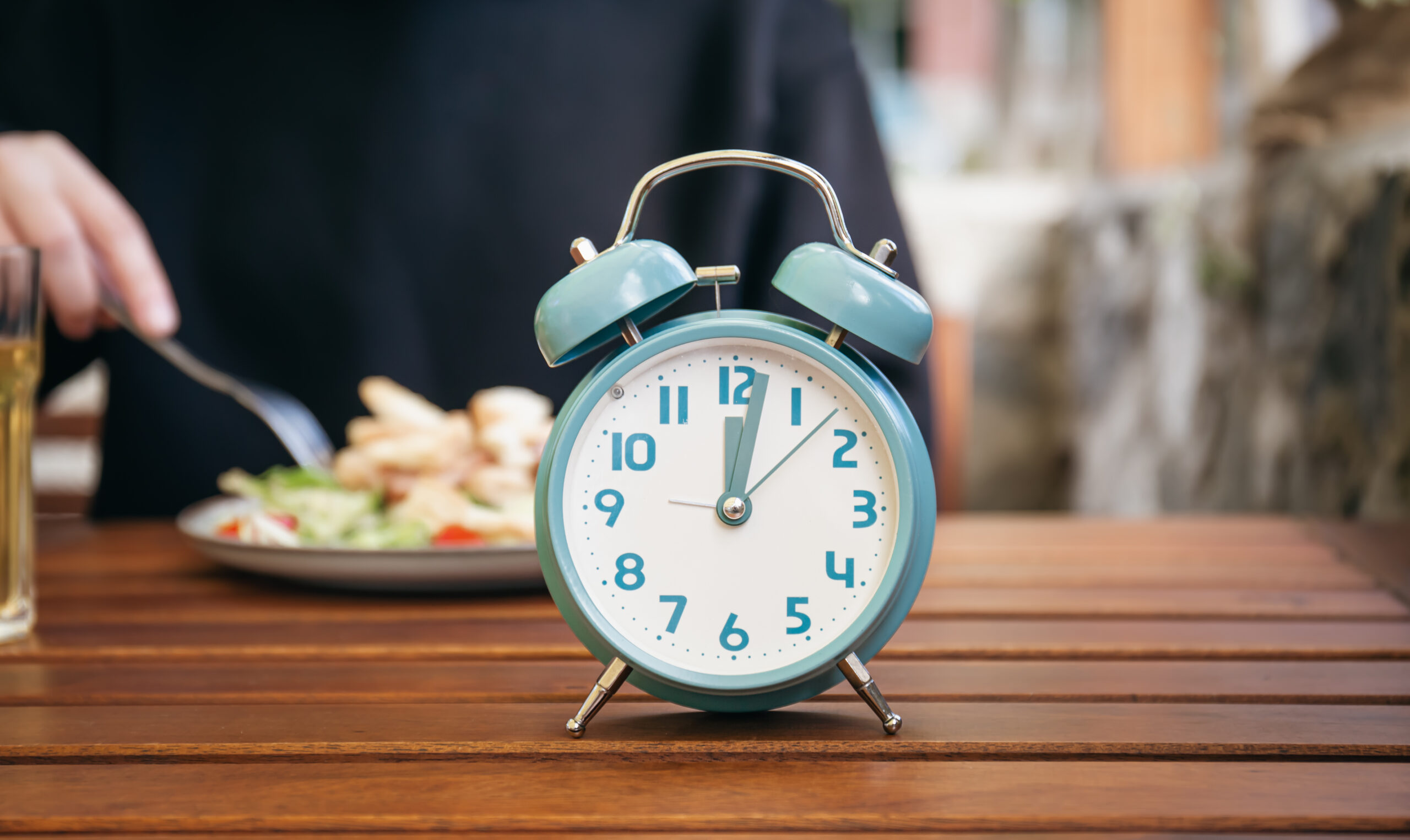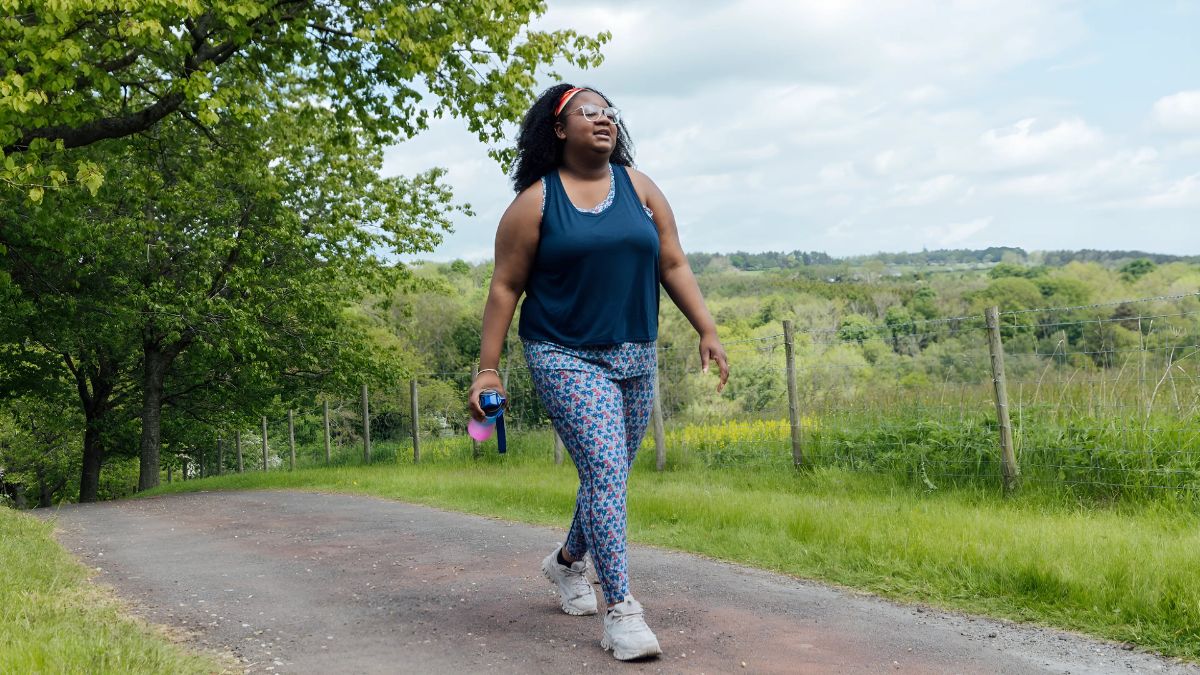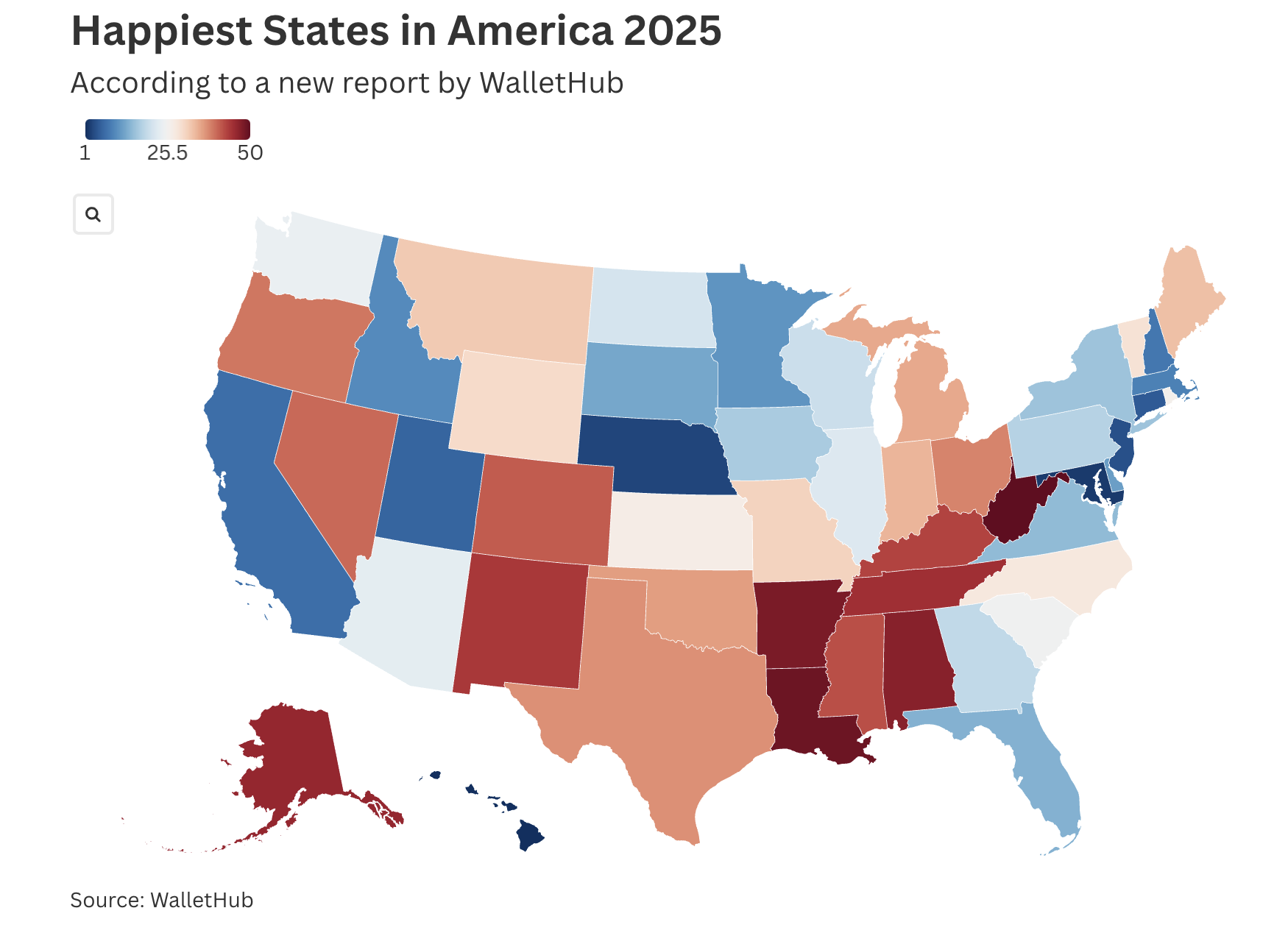The clocks are rolling back, and while it might feel like a small adjustment, the end of Daylight Saving Time can leave you feeling out of sync. On Sunday, November 2, 2025, we gain an extra hour of sleep—but our bodies and routines don’t always adapt as easily as the wall clock. To make the transition smoother, it helps to know what’s changing, how it affects you, and what steps you can take to adjust.
Table of Contents
When the Time Changes
In the U.S., Daylight Saving Time ends on the first Sunday of November. This year, that falls on November 2, 2025. At 2:00 a.m., clocks roll back one hour, shifting us back to Standard Time.
Most digital devices like phones, computers, and smartwatches reset automatically. But old-fashioned clocks, ovens, microwaves, and car dashboards still need a manual update. To avoid confusion, many people adjust their clocks before bed on Saturday night.
The upside is simple: you get an extra hour of rest. The downside? Your body’s internal clock doesn’t reset as neatly as your phone.
How the Shift Affects You
Brighter mornings may feel refreshing at first, but the earlier sunsets bring a different challenge. Evening workouts, commutes, or family routines suddenly happen in darkness. The shift can lead to:
- Fatigue and brain fog as your sleep-wake cycle adjusts
- Mood changes, especially for night owls and children
- Shorter daylight hours, which may trigger seasonal affective disorder (SAD) in some people
While the fall time change is less disruptive than spring’s “spring forward,” studies show it still affects sleep patterns, energy, and alertness.
Protecting Your Health and Sleep
Your body will adjust more smoothly if you prepare ahead of time. Sleep experts recommend:
- Adjust bedtime gradually by 15–20 minutes in the days leading up to the change
- Stick to consistent wake-up times to stabilize your rhythm
- Use morning light to signal your body it’s time to wake up
- Dim lights in the evening and avoid screens before bed to boost melatonin production
- Skip late caffeine and heavy nighttime snacks for easier sleep
- Take short naps if needed—but keep them under 20 minutes
Exercise and daily exposure to natural light are powerful ways to reset your internal clock and lift your mood.
Safety Considerations
The time change doesn’t just affect your sleep—it can also impact safety. With more darkness in the evening, visibility for drivers, walkers, and cyclists is reduced. Wearing reflective clothing and planning errands earlier in the day can help.
This seasonal shift is also a perfect reminder to do a home safety check. Fire safety experts recommend using time changes as a cue to test smoke detectors and replace batteries in smoke and carbon monoxide alarms. A few minutes of prevention could save lives.
Who Follows the Rules?
Not everyone in the U.S. observes Daylight Saving Time. Arizona (except for the Navajo Nation) and Hawaii remain on Standard Time year-round, along with U.S. territories such as Puerto Rico and Guam.
While the Sunshine Protection Act—which aimed to make Daylight Saving Time permanent—passed the Senate in 2022, it hasn’t been signed into law. Experts remain divided on the issue. Advocates say permanent DST reduces disruption, while critics argue it could negatively impact health by delaying morning light exposure.
Smart Prep for the Time Change
Before going to bed on Saturday, November 1, a little preparation can help you ease into the shift. Here’s a quick checklist:
- Set clocks back 1 hour → Stay on time Sunday morning
- Check smoke detector batteries → Boost home fire safety
- Adjust sleep schedule early → Reduce fatigue and grogginess
- Get morning sunlight → Reset your body’s internal clock
- Limit evening screens → Improve melatonin and sleep quality
Taking these small steps keeps both your schedule and your health on track.
The end of Daylight Saving Time isn’t just about changing clocks—it’s about maintaining balance. With some planning, you can enjoy the bonus hour of rest, protect your energy levels, and head into the darker season feeling prepared instead of drained.
FAQ
When does Daylight Saving Time end in 2025?
On Sunday, November 2, 2025, at 2:00 a.m., clocks go back one hour.
Do all states observe the change?
No. Arizona (except the Navajo Nation) and Hawaii don’t participate, nor do several U.S. territories.
Does the time change affect sleep?
Yes. Even though you gain an hour, your sleep cycle can be disrupted, leading to fatigue and mood changes.
Should I change smoke alarm batteries now?
Yes. Using time changes as reminders for home safety checks is a proven habit.














